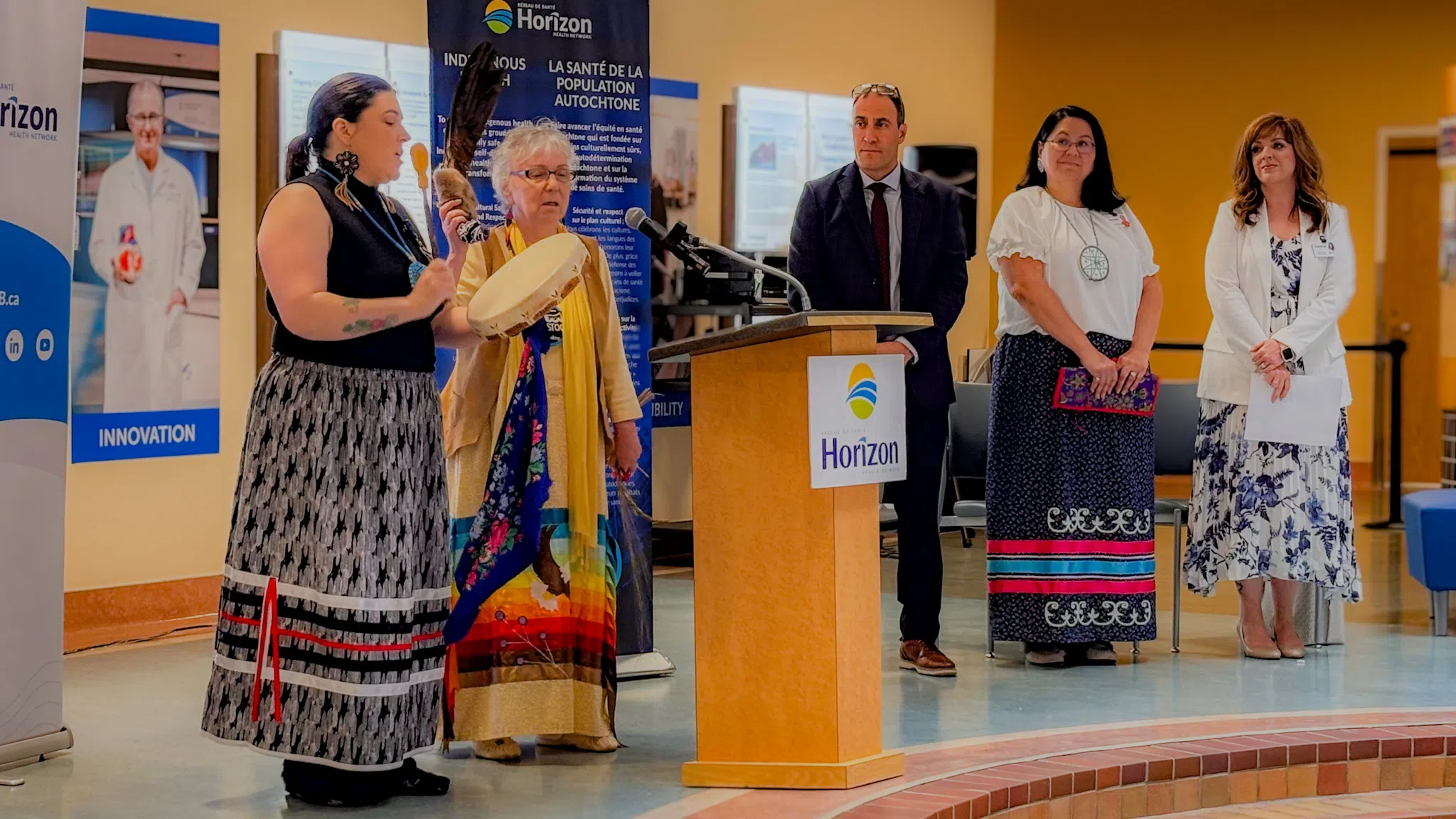In a bold move to address service gaps for Indigenous patients, Horizon Health Network is redirecting over $1 million to add 10 new Patient Navigators.
This expansion will bring the total number of Indigenous Patient Navigators (IPNs) to 12, setting a new direction for culturally safe care in New Brunswick.
The program is aimed at helping Indigenous patients find their way through the complicated healthcare system.
It looks at the person’s physical, mental, emotional, and spiritual needs.
It provides support for things such as medications and setting up appointments.
Navigators also help patients access traditional healing practices and raise awareness about Indigenous culture among hospital staff.
Feedback from First Nations communities, Elders, Tribal Councils, and local cultural experts has helped shape these services to break down the barriers that have made it tough for Indigenous patients to get the care they need.
The IPNs’ positions will be based at key centers, including The Moncton Hospital and Saint John Regional Hospital, with the remaining roles distributed evenly between the Addiction and Mental Health and Primary Health Care teams.
The jobs at Miramichi Regional and Dr. Everett Chalmers Regional Hospitals are helping keep a program rolling that’s already making a difference in how patients experience care.
Recruitment is in progress, with all positions expected to be filled by fall 2025.
Horizon Health said the move aims to close long-standing service gaps and improve care for Indigenous patients, following recommendations from the Truth and Reconciliation Commission.
Chantal Martin-Dedam, one of the two current IPNs in the program, shared a touching moment from her work.
“I had a healthcare facility manager tell me that a patient described me as an angel,” she said.
“It made me tear up because my interaction was short, and that moment made a big difference. I didn’t realize what an impact I made.”
She explained that the navigators’ role also assists with medicines, emotional support, and connection, especially for patients far from home.
Aaron Hatty, Horizon’s regional manager, Indigenous Health, stressed that these changes are critical in addressing systemic issues.
“We know that there is still systemic racism within health care as a larger system, and that translates into poor discharges or less communication with First Nations communities,” Hatty said.
“These are some of the major gaps we want to close and address.”
She added that the initiative will strengthen discharge planning and create better communication between healthcare teams and Indigenous communities.
By redirecting existing funds, rather than relying on new revenue streams, Horizon Health is making a public commitment to the Truth and Reconciliation Commission’s Calls to Action.
Government representatives have voiced support for the move, emphasizing that initiatives such as this are part of broader efforts across New Brunswick to ensure safe, trauma‑informed, and culturally respectful healthcare.







